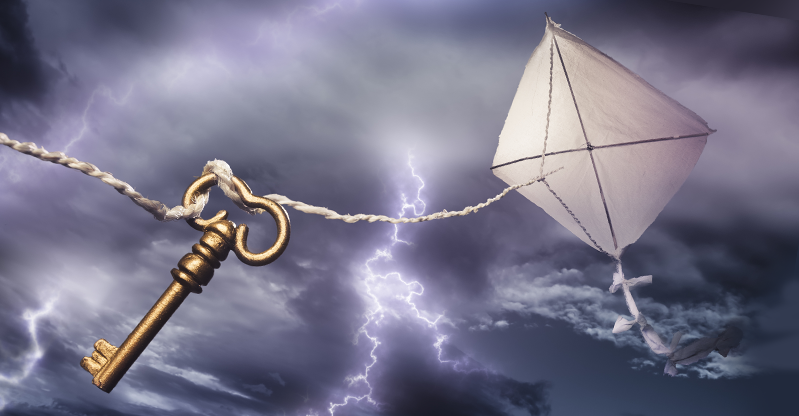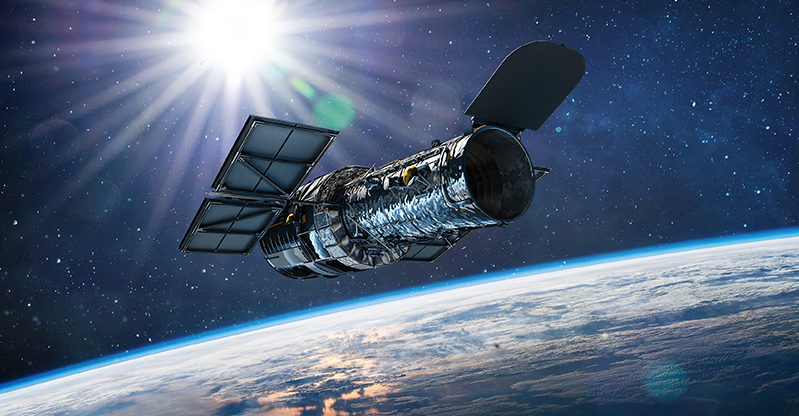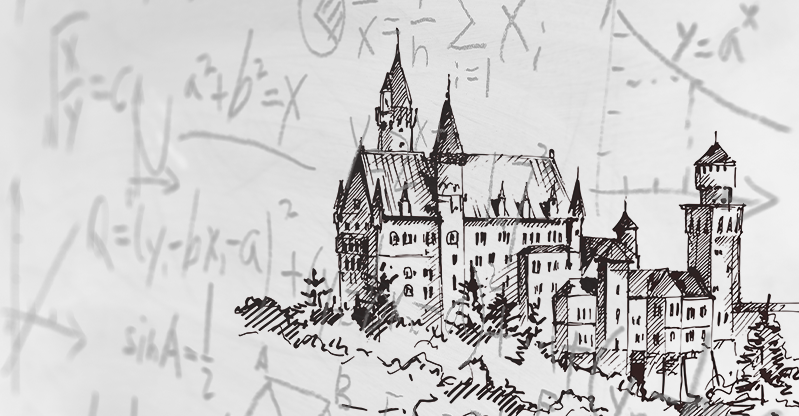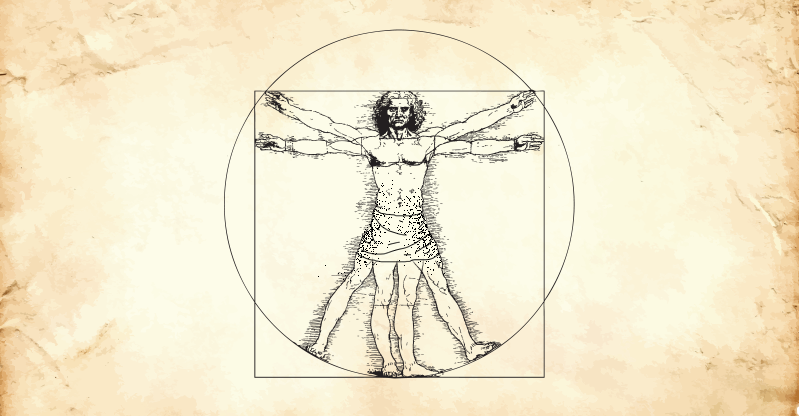Thunderstorms raged over Philadelphia one night in June 1752. Most city residents were safely hunkered down in their homes as the lightning turned dark night into bright light every time it flashed. But one man and his son bravely stood outside. They flew a kite with sharp wire through fierce winds, hoping to prove lightning was electrical. Using a string with a key tied to it, they conducted a charge from the highly electrical air. They captured this in a Leyden jar, designed to contain electricity to be discharged later. This would eventually change our very understanding of electricity. And all through the most potent force in the world: curiosity.

The power of curiosity is electrifying
The man, of course, was Benjamin Franklyn. His curiosity about how the world worked led to his son and him literally capturing electricity in a jar. In precarious circumstances. But this curiosity about the nature of electricity helped fuel other studies and many more experiments by other scientifically minded people. In fact, such fascination and curiosity with this force of nature started with the Ancient Greeks, around 600 BCE, who noticed the phenomena of static electricity when rubbing fossilized tree resin with animal fur attracted dry grass. Since then, creative experiments on the use of electricity have led to its harnessing in one form or another. Thanks to the many curious minds trying to understand electricity, we live in a world where it now powers just about everything we do.

The Curious Nature of Curiosity
Curiosity not only led to electricity being an intrinsic part of the modern world. It developed our understanding of science, medicine, animal species, and even — as we shall see — art. For instance, humankind’s fascination with the heavens and the stars above led to telescopic devices being improved upon to be used for enhanced visuals of astronomical bodies. Finally, it saw us launching objects, including ourselves, into space to gaze in wonder at the universe around us. We have learned, through our curiosity, a great deal about the early stages of our universe through the creation of gigantic space telescopes like Hubble.
So, what is curiosity? Well, it’s a state of mind that involves inquisitive thinking like exploration, investigation, and learning. Its inquisitive nature is common in children as they seek to understand the world around them. Explaining the nature of reality to these curious young minds is a fundamental part of parenting.
Many adults remain curious in later life, especially since the advent of the internet. Curiosity promotes learning, invention, and discovery. All of science is founded on curiosity about existence. And thankfully, many talented people throughout history were curious enough to influence the course of human civilization.

Curiosity is powerful. Just do the math
Much of what we understand about math came from the minds of ancient philosophers, such as Pythagoras, Archimedes, and Euclid. And one very important thinker, Eratosthenes, was a polymath. He was an accomplished poet, geographer, and mathematician. His curiosity about the Earth led him to map the known world at the time and give an approximate circumference for it.
With powerful new tools arising from the Greek mathematicians, new tools, architecture, and ways of working out critical aspects of the world were made possible. For instance, Euclid developed geometry into a finely honed science called Euclidian Geometry. Essentially, geometry prior to this was less accurate. Why was this valuable? Because it influenced everything from how stadiums, architecture, and art were implemented. For instance, the Golden Ratio was used in the painting of the Mona Lisa.

Curiosity proved to be an asset to both art and science
In fact, its painter, Leonardo da Vinci, was a polymath himself. Although it’s also correct to call him a Renaissance Man. This is a reference to the period when new discoveries were made of old teachings. Thus began a more enlightened era than the preceding Middle Ages.
Da Vinci, and many of his famous artist contemporaries, also took a great interest in human anatomy. Their curiosity led to discoveries that improved their art in terms of realism. Not only that, but it also influenced medical science. Combining his knowledge of anatomy with his understanding of mathematics also allowed da Vinci to create some of the most significant art pieces of all time. For instance, he solved an age-old geometrical problem concerning the human body with the Vitruvian Man. It can be said that Leonardo da Vinci’s excellent abilities were developed out of a natural curiosity about the world.
The Most Curious Man of the 20th Century
Another person who embodied scientific genius was Albert Einstein. He was a patent clerk in Switzerland while completing his Ph.D. at the University of Zurich — this was also when Einstein had his “miracle year” and developed special relativity. This scientific milestone, and General Relativity, which came about later, are now cornerstones of Physics. He also left a legacy that resulted in things we have today, some simple, like paper towels, and complex, such as lasers. Part of that legacy included an influence on the development of solar power. All this can be encompassed in his philosophy on curiosity, as expressed in his famous quote: “The important thing is not to stop questioning. Curiosity has its own reason for existing. One cannot help but be in awe when one contemplates the mysteries of eternity, of life, of the marvelous structure of reality. It is enough if one tries to comprehend only a little of this mystery every day.”
From these examples, we can see how curiosity fueled the minds of great thinkers who, in turn, contributed much to the world. Perhaps one day, your own child will do the same.
Tekkie Uni is all about Curiosity
We encourage curiosity at Tekkie Uni, a STEAM-based academy specializing in live, online learning. Our instructors are always ready to answer your child’s big questions regarding our courses or the world. By kindling your child’s curiosity, we lay the foundations for a life-long love of learning. Our courses, which range from coding to robotics to content creation and even animation, will influence your child’s curious mind about how things work. Setting them up as great thinkers who could one day change the world.
We look forward to meeting the curious young mind that is your child!









